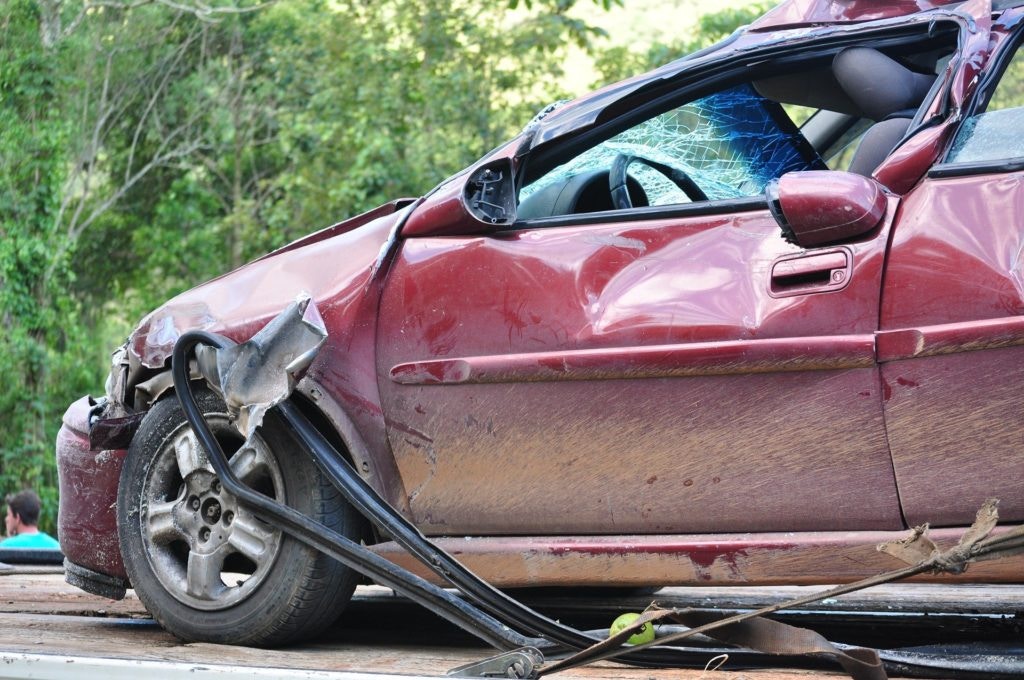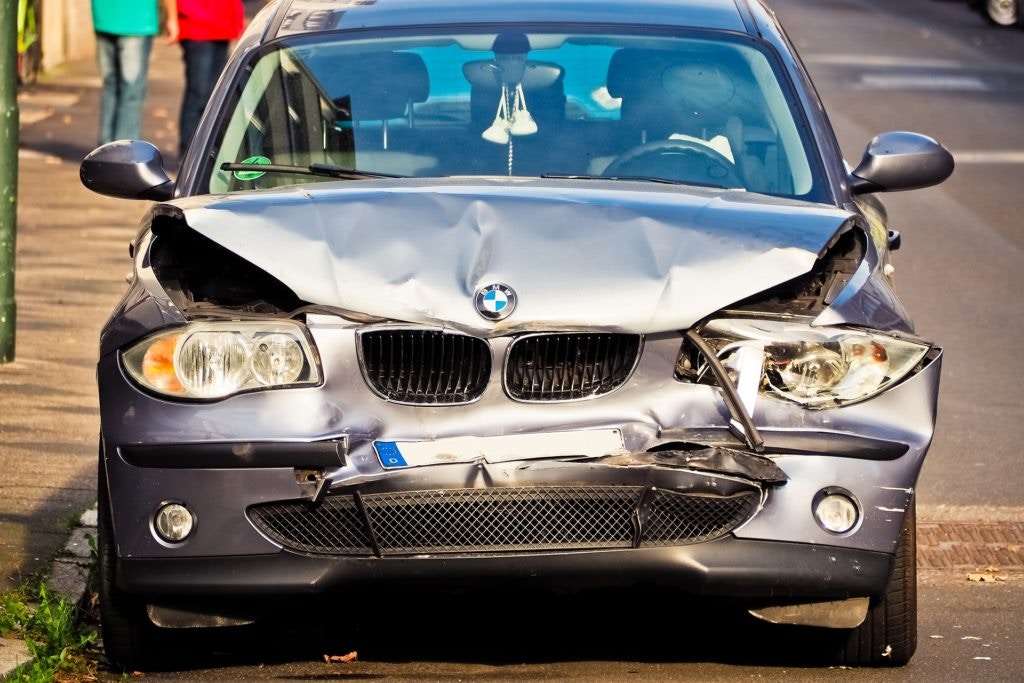Diminished value – the ultimate guide

If you’ve experienced a car accident, then you’ll know the stress that comes with it. But aside from the paperwork, the worry, and the hassle of getting your car fixed, there’s also the issue of your car’s value. A car value check will show that a vehicles value decreases when your car is involved in an accident, even if it’s masterfully restored with manufacturer parts. This is where diminished value can be very handy.
- What is diminished value?
- How to calculate diminished value for a car
- Finding a car’s diminished value
- How much does a diminished value appraisal cost?
- How to make a diminished value claim in the UK

What is diminished value?
Diminished value is the difference between your car’s market value both before and after the incident. Essentially, it is the money you can expect to lose when you try to sell your car — it will always be worth less than if it hadn’t been in any car accidents. A diminished value claim can help you get this difference in price back to make up for this depreciation.
How to calculate diminished value for a car
The type of diminished value claim you make will depend on the complexity of your situation and the way the exact value is formulated will also vary. The set calculation for finding a car’s diminished value is known as the 17c Diminished Value Formula. This is the formula widely used in the United States — there is no UK equivalent of this formula and the approach to calculating diminished value is more flexible. That said, using the 17c Diminished Value Formula may be useful for giving you a general idea of how things may be calculated.
Your car is valued
To find out how much value your car has lost, you first need to know what it’s worth. A car valuation will take several factors into account, including:
- Age
- Make
- Model
- Mileage
- How damaged it is
A 10% cap is applied
Using the 17c Diminished Value Formula, a 10% cap is added which serves as the limit your insurance company will pay.
A damage multiplier is used and mileage considered
The 10% cap value is multiplied by a number between 0.00-1.00. This multiplier reflects how bad the damage was — 0.00 means no damage was done to the car’s structure, while 1.00 means severe damage. Here are the general levels these figures follow:
| Multiplier | Structural damage |
| 0.00 | None |
| 0.25 | Minor |
| 0.50 | Moderate |
| 0.75 | Major |
| 1.00 | Severe |
On top of this, your mileage will also add another multiplier to the mix. This will also range from 0.00 to 1.00 based on how many miles your car has covered from 0-100,000+ with 0.00 corresponding to 100,000+ miles. Mileage affects car value regardless of your history of accidents so you should always be prepared for well-driven car to be worth less.

Finding a car’s diminished value
So, following this formula, you would need to:
- Take the value of your car
- Multiply it by a 10% (0.1) cap
- Apply the damage multiplier that is most accurate
- Multiply it based on the milage multiplier than is most accurate
Let’s say your car is worth $10,000, with 10,000 miles on the clock and moderate damage:
$10,000 x 0.10 = $1,000
$1,000 x 0.50 = $500
$500 x 1.00 = £500
Diminished value = $500
How much does a diminished value appraisal cost?
Before you apply for a diminished value claim, you should know that if you are at fault for the accident, you’re unlikely to have your claim accepted. As mentioned, the methods for calculating diminished value are more flexible in the UK.
In some cases, diminished value claims will be made on a no-win, no-fee model. Otherwise, there may be costs involved to get a diminished value appraisal, and these will vary between providers. Other factors like your location and precisely how much damage there is to be assessed may also lead to a larger fee.

How to make a diminished value claim in the UK
Making a claim for diminished value in the UK requires you to approach a solicitor. It’s best to register a diminished value claim as soon as possible in the days after the accident, but it is possible to do so even after selling your car if the price it sold at can serve as proof of a loss due to an accident. This process will be more complicated if the other party was an uninsured motorist.
To file a claim, you may be required to present the following documents:
- Police report of the accident
- Reports/receipts of repairs
- Witness statements
- Photographs of the accident and damage
- CCTV evidence
- DLVA proof that your car has been sold and car ownership transferred
- Proof that your car sold for less than it would have done pre-accident
As this list suggests, making a diminished value claim is rarely easy. It will require a lot of admin on your half. You should also never assume that, even with your evidence, that an insurer will pay. Companies will almost certainly push back and refuse to make payments. Even if you provide all of the above documentation, in the end, it can still seem to come down to your word vs. theirs — that’s especially true if you have since sold your car.
Making a diminished value claim — worth it?
It’s worth taking the time to think about if a diminished value claim is worth it. If it’s successful, you may get some money back, but it may not be as generous a pay-out as you were hoping for. Plus, there is all the admin to consider. Ultimately, it might be a better option to sell your car via a method that can get you the best price, rather than sink many, many days into making a diminished value claim. You may not get the same price as you would for the car in its original condition, but having an accident doesn’t automatically mean you can’t get great offers on your vehicle.
Sell the Motorway way
Selling your car with Motorway means you’ll get the best price for your vehicle. We find a buyer for your car from a network of 7,500+ verified dealers. They make their best offer on your car, and we present you with the best one. That means you don’t have to waste any time negotiating or explaining previous accidents — our car profiling process (which can be done right from your phone) makes it easy to share all the key information dealers need. Plus, we’ll collect your car from your home, and the whole process is free!

Ready to sell your car?
Want to read more about owning, valuing and selling your car? Check out more of our guides here, covering everything from depreciation and maintaining your car’s value. Understand your car’s worth in the wider market.
The information provided on this page is for general informational purposes only and should not be considered as professional advice.